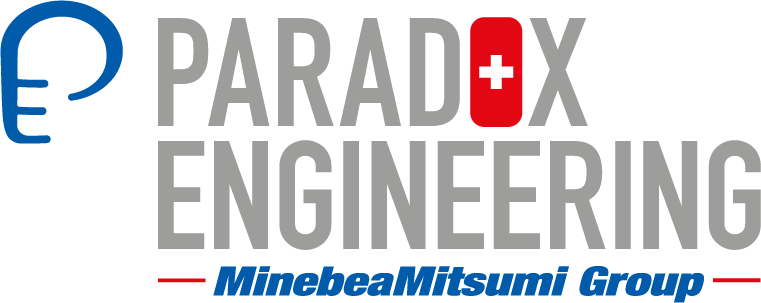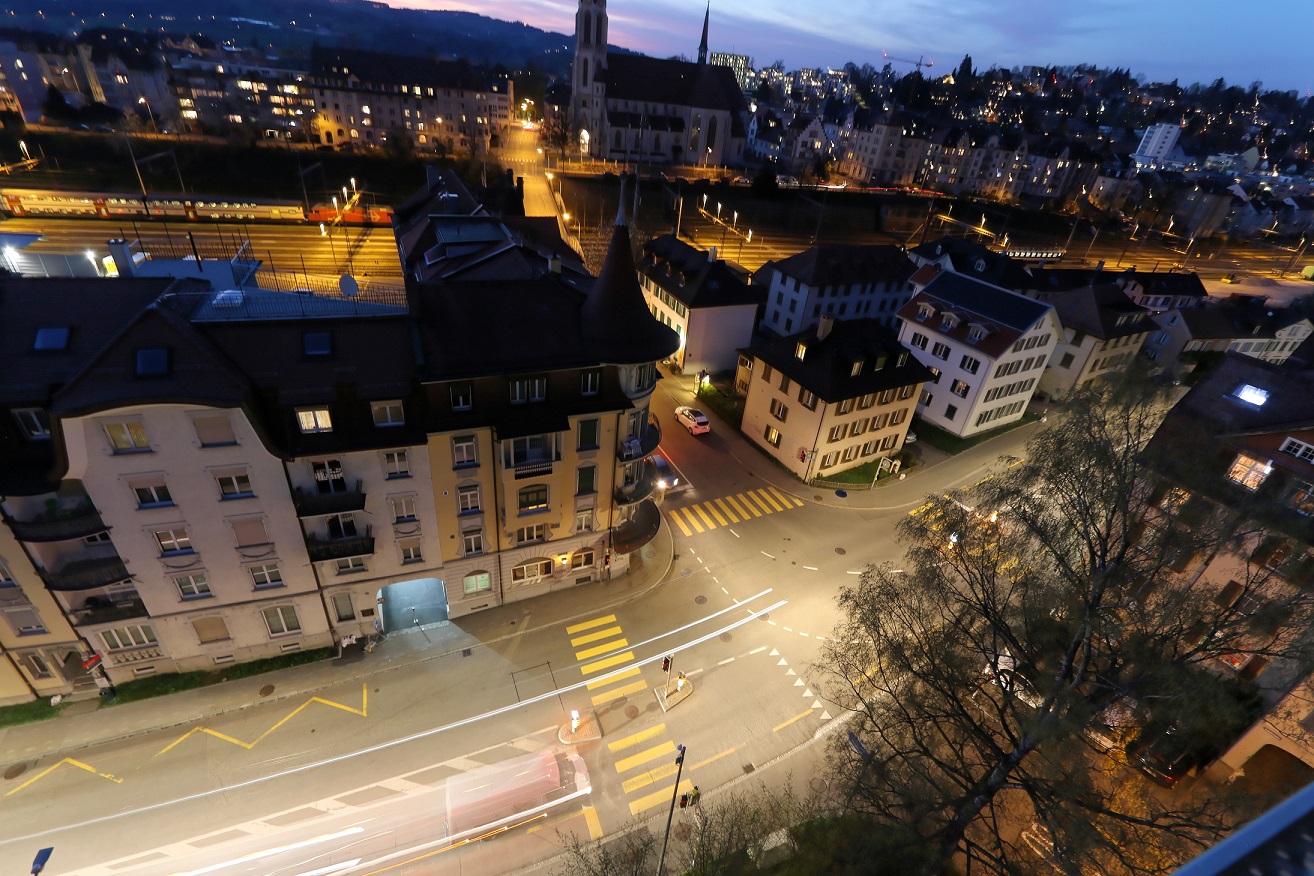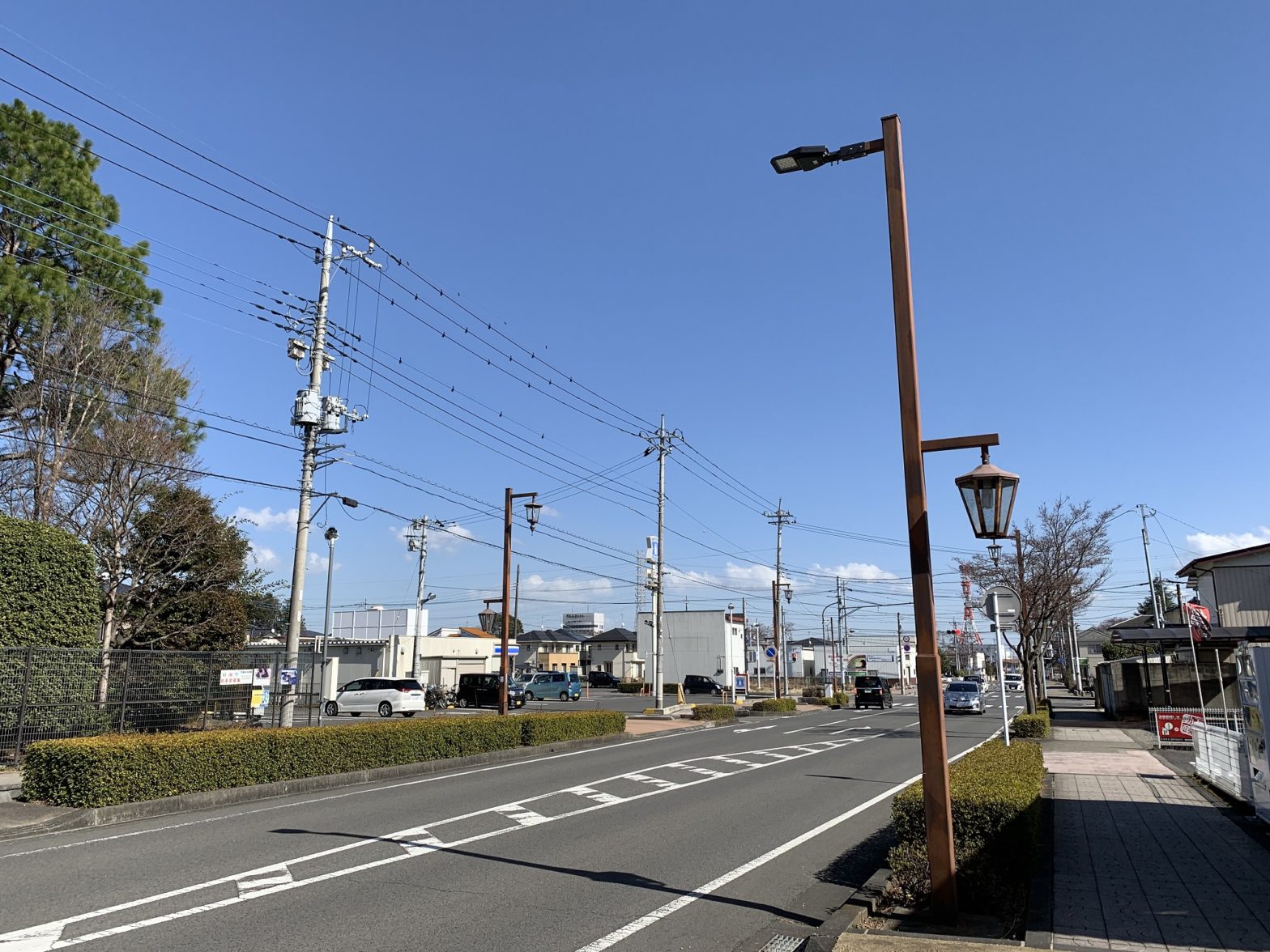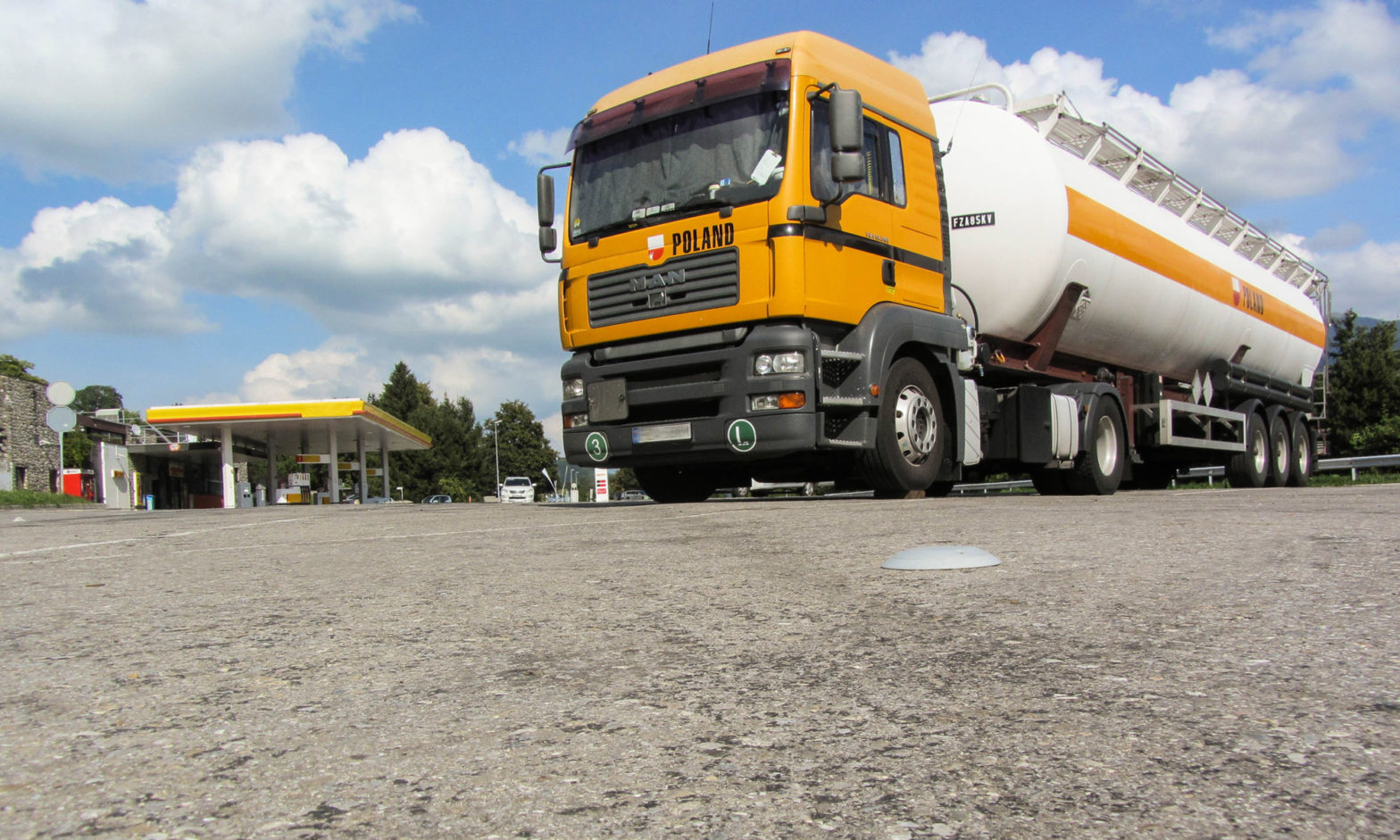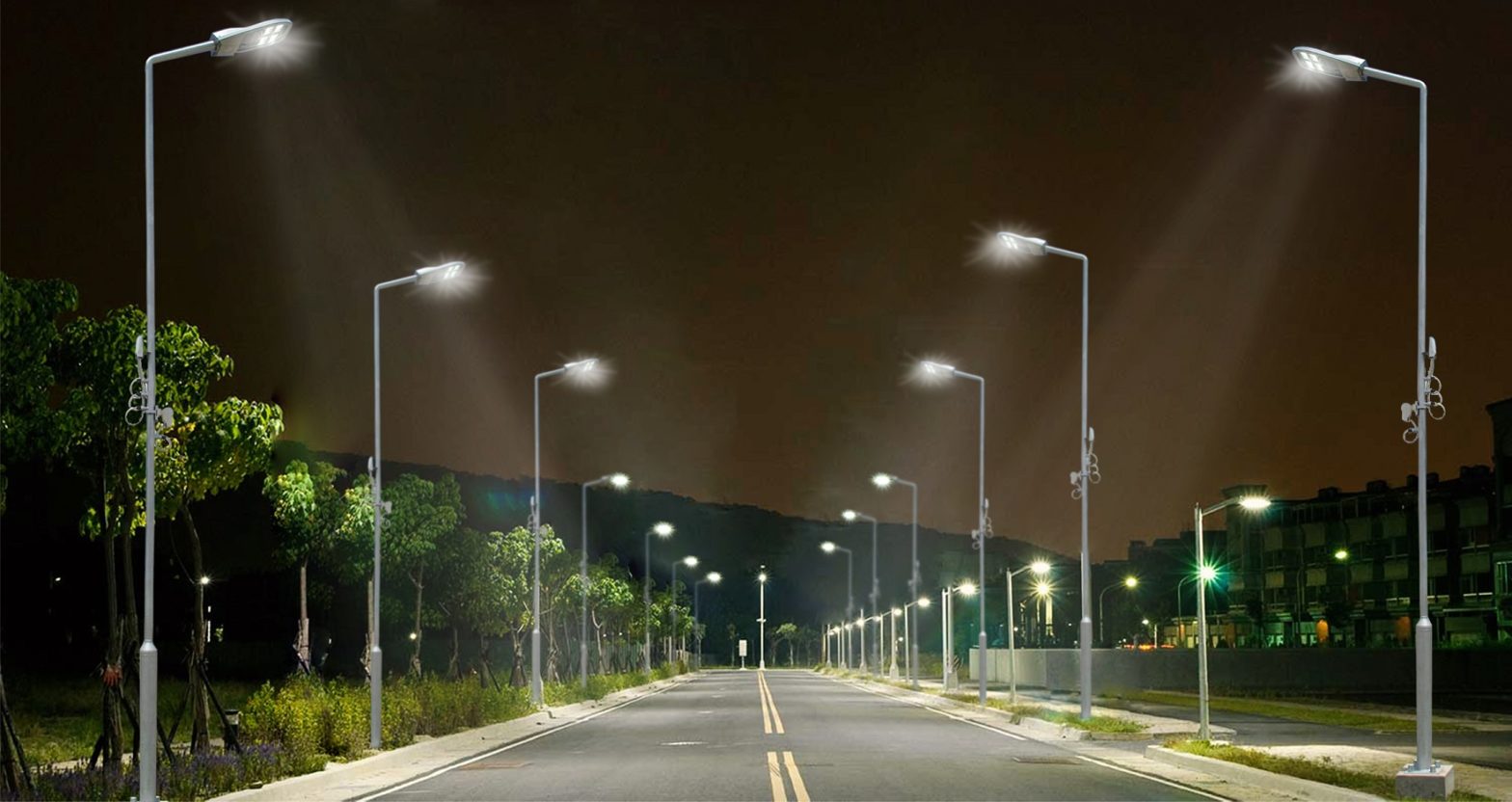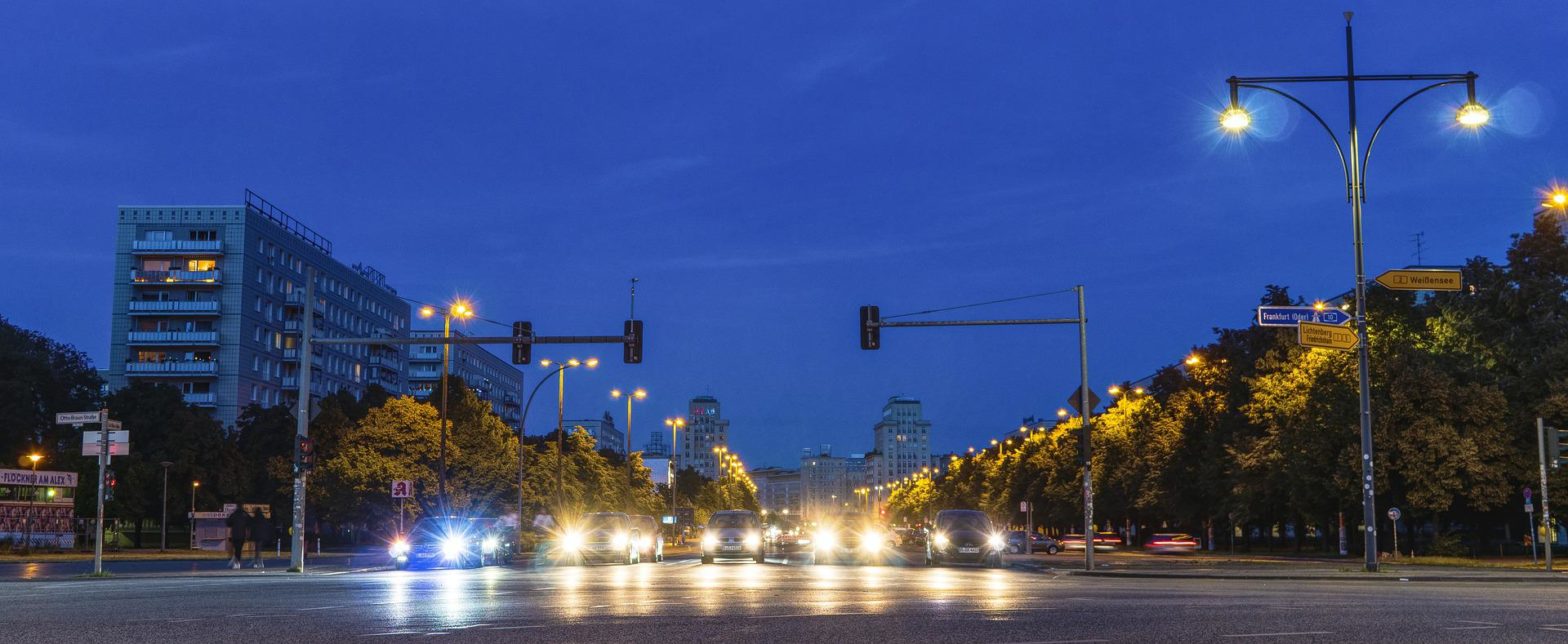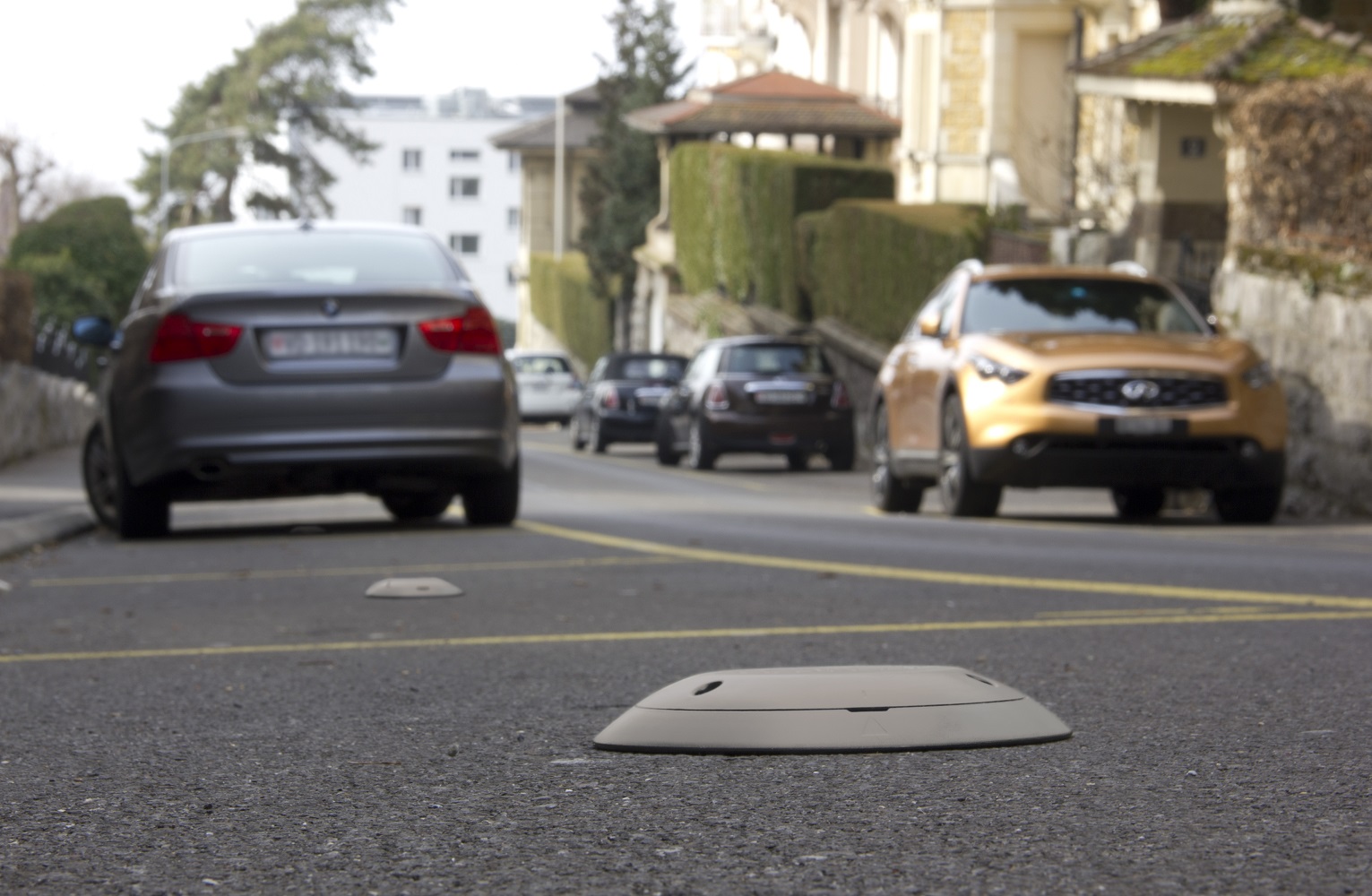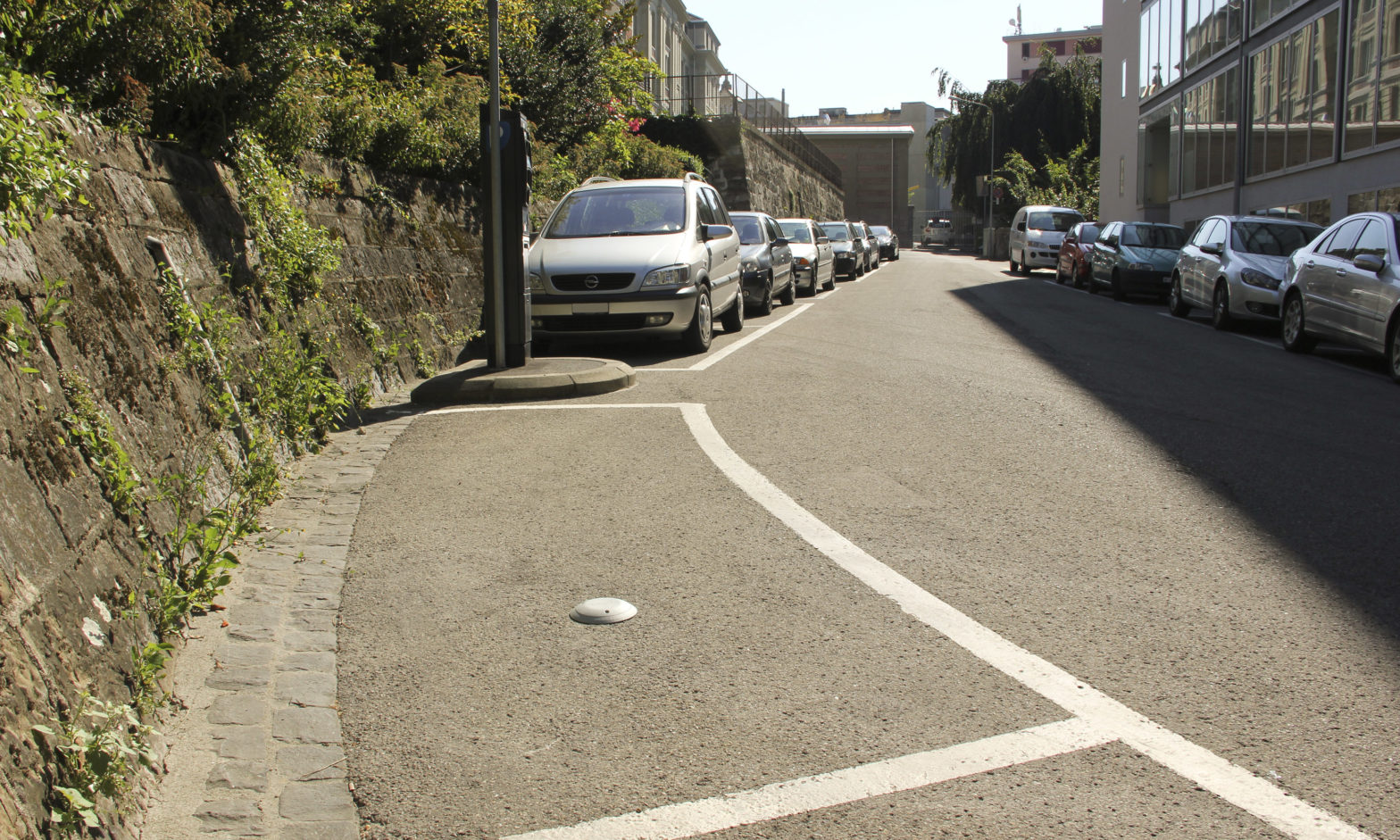
Photo: Paradox
Urban mobility is changing, and parking management too
17 January 2023
As post-pandemic working and social habits solidify, new urban mobility patterns emerge. Remote working has become a standard and reduced daily commuting, with a side effect on rush hours that shifted from traditional peaks into the mid-day hours.
According to the latest traffic scorecard by INRIX, travel demand is increasing in the majority of urban areas around the world. City congestion is growing since many people avoid public transportation and opt for private cars, perceived as a safer way to maintain social distancing. Micromobility with e-scooters and bicycles also gained popularity for inner-city transfers.
Confronted with sustainability and air quality issues, cities are rethinking urban mobility to provide low-emission, reliable, and innovative transportation systems. Traffic management is a notable part of the game and available parking spaces need to be reorganised and better monetised.
“Parking facilities can be more than locations to merely leave the car during office or shopping time. As urban mobility habits change, parking operators are turning existing and new facilities into multipurpose hubs, where drivers can take advantage of a variety of services”, says Filippo Rossino, Smart Parking product manager at Swiss technology company Paradox Engineering.
Beyond parking
The idea is taking off in the US, Japan, and South-East Asia, starting from large car parks close to city centres, airports, railway stations, and office buildings. During their stop, drivers can have the vehicle recharged or refuelled, washed, or serviced. They can also find micromobility options to cover their last mile, take-away restaurants, small stores for essential goods, and delivery services to get their shopping directly into the car boot.
“Parking hubs will be less about car parking and more about a contemporary urban experience,” continues Rossino. “Drivers will appreciate the possibility to save time and get useful services, at the same time parking operators will increase average occupancy and open new revenue streams. Smart parking technologies are pivotal to monitor and manage these hubs”.
Paradox Engineering’s solution is based on robust above and below-ground parking sensors to detect vehicle presence and allow parking managers to remotely control the entire facility by tracking data such as the number of available lots, the duration of each stay and possible abuses (i.e. vehicles exceeding time limits, unauthorised parking in disabled parking bays or in electric vehicle charging stations, etc.). Data can also feed variable message signs, mobile apps, and other driver guidance systems to provide real-time availability information, and advanced booking and payment for parking and the other services.
Data for smarter kerb management
Large multipurpose hubs will not wipe out street-level car parking, especially in city centres and residential areas. Kerbs are widely used for vehicle parking, but nowadays they are seeing a convergence of different competing uses. Kerb lanes are temporarily occupied by pick-ups and drop-offs for on-demand delivery, used for shared bikes and scooters, and also requested by cafes, restaurants, and shops who want outdoor areas for their businesses.
“Kerb policies are mostly decided without any data-driven support. This might result in street blocks with unprofitable metered parking, no loading zones for deliveries, and missed opportunities for local businesses. Smart technologies can contribute to evidence-based decisions to better manage the increasing demand for limited kerb space, serving residents’ needs while keeping urban mobility flowing and safe,” adds Rossino.
About Paradox Engineering
Paradox Engineering is a technology company that designs and markets Internet of Things solutions for open cities and other smart environments. Established in 2005 and headquartered in Switzerland, the company is the IoT Excellence Centre of MinebeaMitsumi Group, leading global provider of Electro Mechanics Solutions™, and controls Tinynode, which specialises in smart parking technologies.
For further information, please visit www.pdxeng.ch


